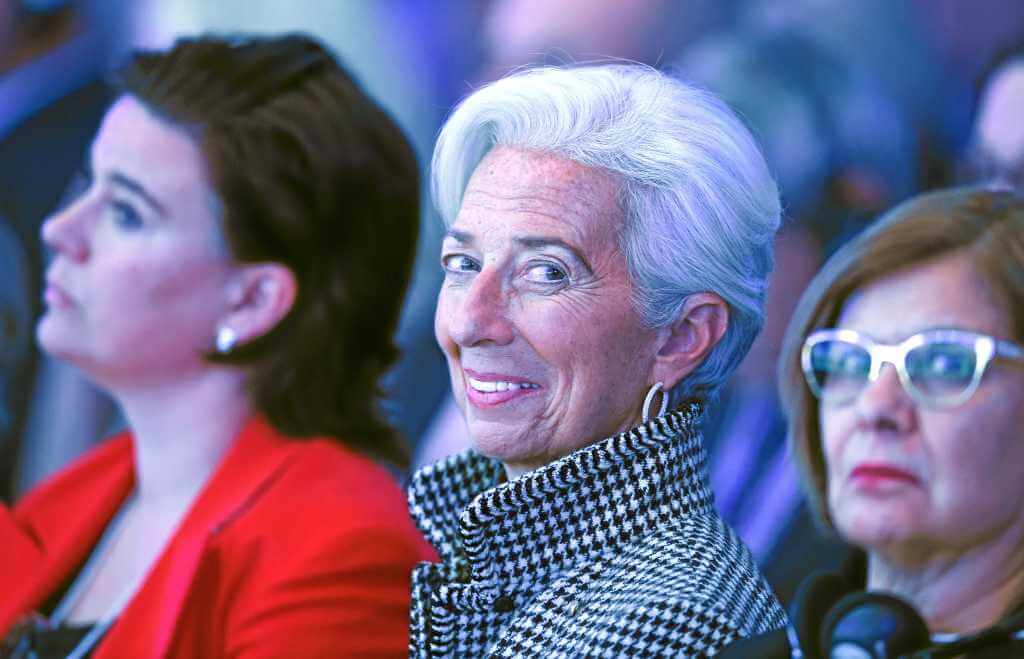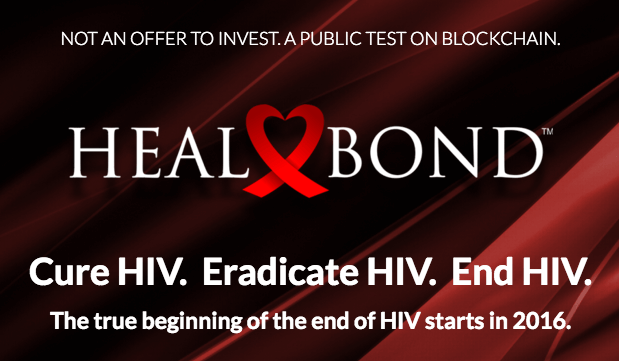
At the annual meeting of the World Economic Forum (WEF) in Davos, Switzerland, leaders of the world’s largest financial institutions, companies and organizations discussed the potential of new innovations and shared their views on Bitcoin and blockchain technology.
In a session dedicated to the future of financial services called The Transformation of Finance, the heads of Morgan Stanley, Deutsche Bank and the International Monetary Fund said that digital currencies such as bitcoin could potentially shake the financial industry.
Christine Lagarde, head of the International Monetary Fund, told the panel that although bitcoin and related “virtual currencies” had many advantages such as reducing costs, providing better value and reaching the unbanked, they could also be a great instrument for crime and a “substantial threat to financial stability.”

Deutsche Bank’s co-chief executive officer John Cryan, said that he is much more interested in blockchain technology then he is in bitcoin as the digital currency fails to provide the three functions and services that money is supposed to provide, namely be a medium of exchange, a store of value and a unit of account.
Cryan told the panel:
“I am much more interested in data than I am in process, I think that what we are really struggling with is data. The rules are on data, the new regulations are on data. And the obligations of banks are to report on data… If you look at blockchain technology, I think it could be used for digital identity if that’s acceptable to the G20 because this is going to be a supranational initiative and the US have to take a leading role in it.”
A report from the Register suggests that Citi’s chief economist Willem Buiter as well isn’t really fond of bitcoin.
Buiter told the press in Davos:
“We know that Bitcoin itself is a complete failure and shows the number one law of programming and software: that anything that can be programmed can be hacked. So nothing is completely secure.”
Mastercard “very, very interested”
In an interview on the sidelines of the WEF annual conference, Garry Lyons, Mastercard’s chief innovation officer, told Business Insider that his firm was “very, very interested” in blockchain technology. However, the company is staying cautious as it doesn’t want to be “blindsided by rushing into it” considering that the technology is still developing.

“It’s not just the industry that’s excited about blockchain – it’s the world, everyone,” Lyons said.
“Even at Davos, every single tech panel I have gone to mentions blockchain and some people call it ‘the second coming.’ But while we think it’s very interesting, we don’t want to, and no one wants to, be blindsided by rushing into it [as the technology is still developing].”
In late-2015, Mastercard invested in Barry Silbert’s Digital Currency Group (DCG), a company that aims to build the largest early-stage investment portfolio in the digital currency and blockchain space.
Commenting on Mastercard’s investment in DCG, Lyons said:
“The primary reason [we invested in DCG] is that it’s connected to 15 different others and they have their fingers in the right pies, so we’ve got the right engagement right now to see people experimenting with the underlying tech.
“Like the rest of the world, we’re interested in seeing where blockchain technology goes and that’s why we invested in DCG.”
UBS donates blockchain code
Another major announcement that was made during the WEF 2016 conference was the news that USB had donated the code for a blockchain-based trading platform to the HEAL Alliance, a non-profit organization that is funding research into HIV.
The code, which was developed in the UBS Innovation Lab in London, is currently been used by fintech startup Finclusion Systems to develop a blockchain platform to issue social impact bonds. The platform is aimed at allowing the HEAL Alliance to issue so-called HEAL Bonds to fund research into HIV and the development of “cure centers.”

Finclusion Systems will be testing regulatory compliance of the platform from January 21, to April 20, the HEAL Alliance said in a release. Upon a favorable projected outcome of regulatory compliance, HEAL Alliance plans to gotomarket with the first ever “Smart Impact Bond” with participating banks and partners for HEAL Bond on blockchain up to US$10 billion.
Other collaborators on the HEAL Bond project include Microsoft, Intel, the HIV Cure Initiative and the UC San Francisco UCSFGIVI Center for AIDS Research.
Watch the WEF 2016’s The Transformation of Finance panel discussion:

